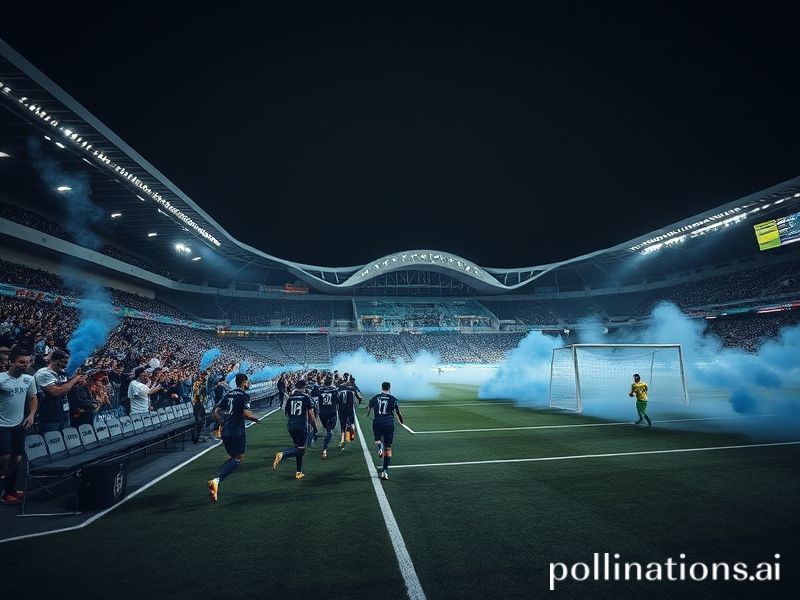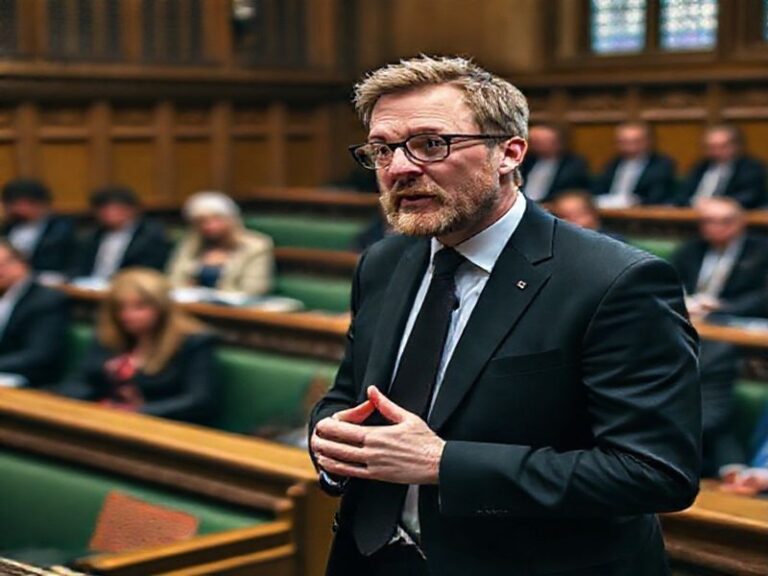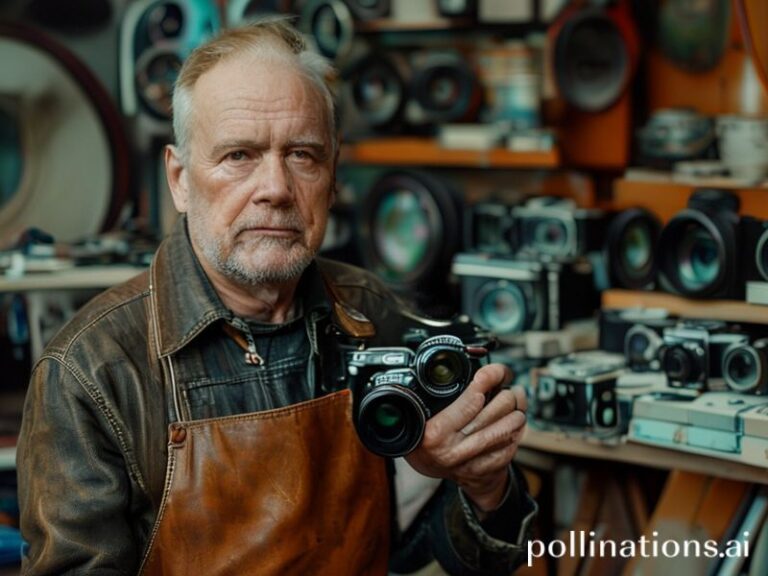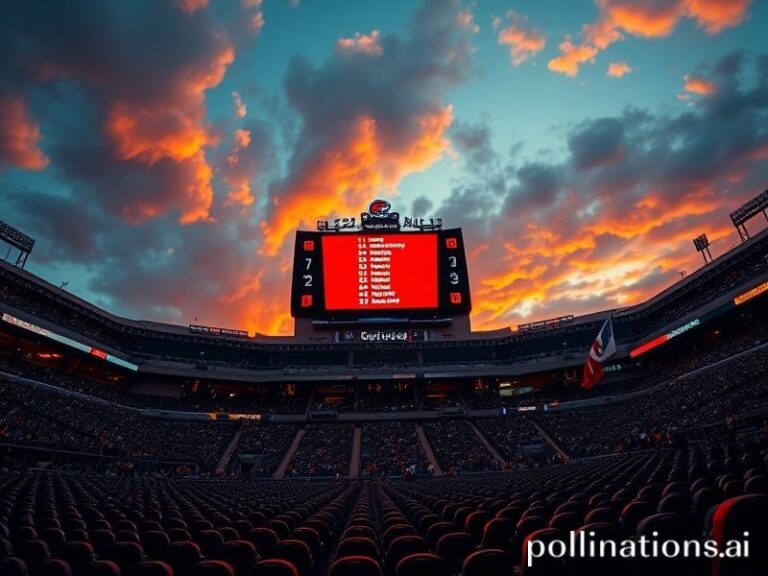Lake Como Fog, Tobacco Money and a 1-0 Win: Global Capitalism’s Newest Football Fable
Como 1 – Sassuolo 0
Stadio Giuseppe Sinigaglia, Northern Italy, Saturday evening. The fog rolls off Lake Como like a hung-over diplomat slinking out of a five-star summit, and somewhere between the water and the floodlights a football match breaks out—apparently of interest to more than the 11,000 locals too polite to admit they’d rather be drinking spritz on the promenade.
To the naked eye it’s merely Serie A’s newest arriviste (Como, promoted after 21 years in the wilderness) disposing of Sassuolo, the once-feared neroverdi now spiralling toward the gravitational pull of Serie B. But peel back the boutique veneer and you’ll find the game functioning as a two-hour allegory for the state of the planet: a clash between old money’s glossy reinvention and modern capital’s inevitable slide into entropy.
Como’s resurrection was bankrolled by Indonesian tycoon Robert Budi Hartono—half of the clove-cigarette dynasty that keeps Jakarta’s lungs interesting. Hartono’s Djarum Group has pumped in €100 million, roughly the price of a modest super-yacht, proving once again that the quickest way back to relevance is to sell addiction in one hemisphere and buy nostalgia in another. The squad, meanwhile, is curated like a Bond-villain art collection: Pepe Reina in goal for Instagram credibility, Raphael Varane on semi-retirement for the LinkedIn crowd, and Patrick Cutrone up front because every redemption arc needs a former Milan prodigy who once believed his own hype.
Across the halfway line rolls Sassuolo, a club whose greatest modern achievement was persuading Europe’s elite that a town of 40,000 famous for ceramic tiles could manufacture Champions League-quality footballers. Those days—when Domenico Berardi terrorised defences and Locatelli looked ready to run a G7 economy—feel as distant as balanced budgets. Now Sassuolo are a case study in what happens when the conveyor belt jams: last season they shipped 68 goals, the footballing equivalent of leaving your Wi-Fi password on a post-it in Grand Central. Their American analytics firm still churns out heat maps that look like Jackson Pollock, but the only metric trending upward is existential dread.
The match itself was decided by a 74th-minute header from Alberto Moreno, a man whose career has survived more resurrections than a Marvel franchise. Reina launched a goal kick that travelled further than most people’s retirement savings, Varane flicked it on, and Moreno ghosted in like an EU subsidy no one admits exists. Sassuolo’s goalkeeper, Andrea Consigli, could only flap at the cross like a bureaucrat swatting away freedom-of-information requests. One-nil. Lake Como exhaled; the ghost of George Clooney’s Lake Como estate presumably nodded approval from its pergola.
Cue the global ripples. In Jakarta, Hartoni’s stock ticked up 0.3 %—enough to finance another youth academy or another pack of cigarettes, depending on quarterly mood. In Singapore, a hedge-fund bot updated its algorithm: “Italian clubs with Indonesian owners outperforming ceramic-based competitors.” In Abu Dhabi, a bored sovereign wealth fund executive texted his analyst: “Check if Como’s stadium naming rights are still available—‘Etihad Fog’ has a ring to it.” And in Manchester, United’s accountants quietly noted that Varane’s clean sheet value just appreciated, which is helpful when amortising the Glazers’ latest dividend extraction.
The broader significance? Simple. Como vs Sassuolo is the late-capitalist fable we deserve: a lakeside mirage bankrolled by tobacco money defeating a once-hip analytics darling now choking on its own regression model. It underlines the golden rule of modern sport: if you can’t sell nicotine, at least sell nostalgia—both are equally carcinogenic, but nostalgia photographs better on social media.
As the final whistle blew, Como’s ultras unfurled a banner reading “Welcome to the New World,” which sounds uplifting until you realise the banner was manufactured in Bangladesh, shipped through Rotterdam, and paid for in cryptocurrency—every step a testament to global supply-chain resilience and the human urge to chant in unison while Rome, metaphorically speaking, still smoulders.
Still, three points are three points, and in the macroeconomic casino we call 21st-century football, that’s as close to genuine progress as any of us are likely to see. The fog thickens, the lake laps politely, and the carousel spins on—just fast enough for nobody to notice the drop-off on the other side.







